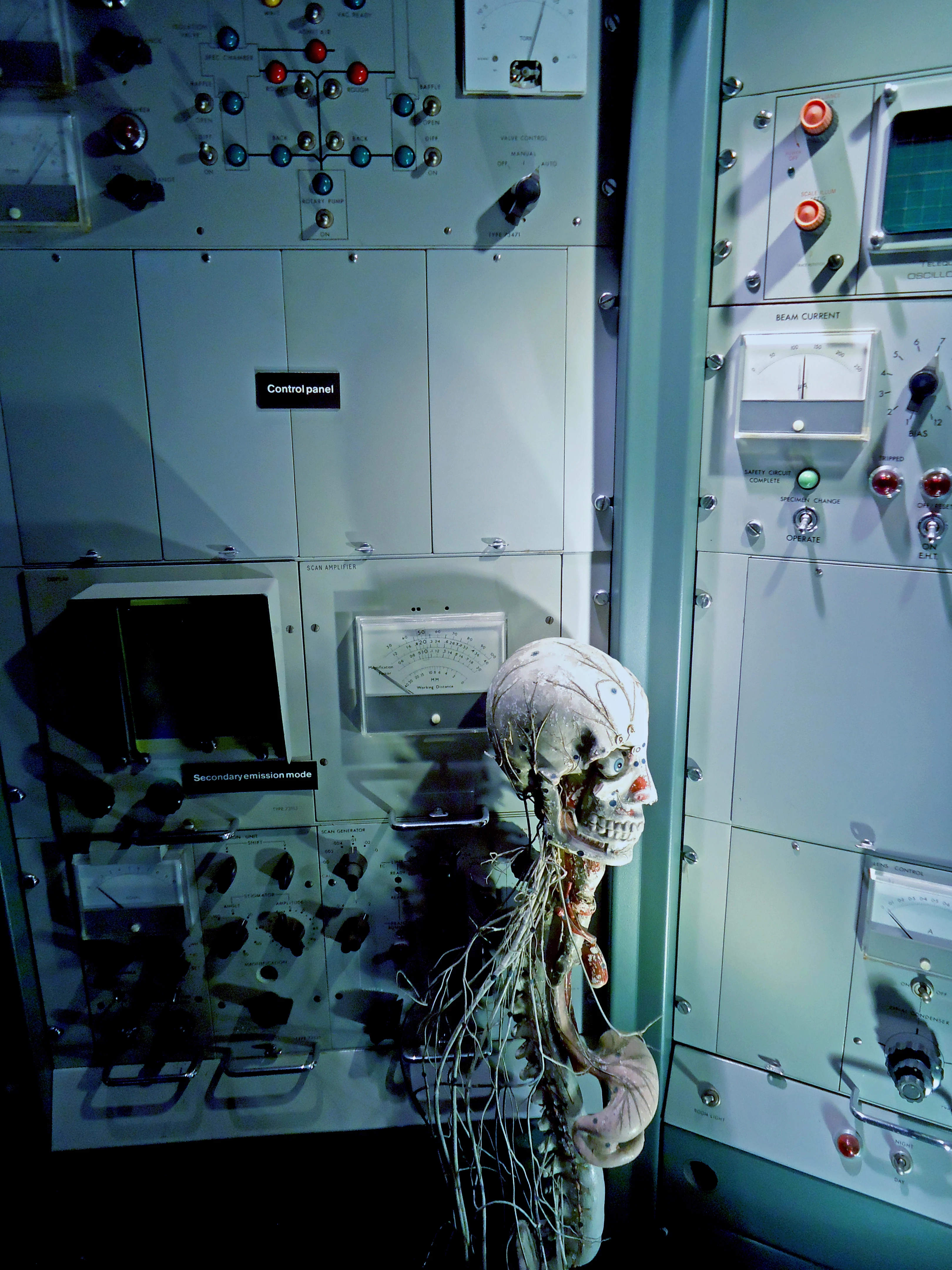
Partner Article
Government announces £68m robotics and AI fund, here's how it'll be used
More than £68m of investment from the Industrial Strategy Challenge Fund for robotics and artificial intelligence projects aimed at improving safety in extreme environments has been announced by the Government.
This investment, from the Industrial Strategy Challenge Fund, will develop robots and artificial intelligence able to take on jobs in the freezing depths of the North Sea, dealing with extreme environments in the process of nuclear energy production, the hostile vacuum of space, and heat of deep mining.
Climate Change and Industry Minister Claire Perry announced the fund while speaking in Birmingham today, where she stressed the government’s commitment to working with business and academia in a ‘priority’ area for the government.
She said: “Britain leads the world in innovation and technology and through the Industrial Strategy Challenge Fund, we are making £68m available to projects in robotics and artificial intelligence with applications in clean renewable energy generation to ensure the UK is the place new technology is nurtured.
“Next week, I will be at the COP23 conference in Germany, and it will be abundantly clear there that, if we want to truly make a difference to our climate as well as take advantage of the economic opportunities of our transition to a low carbon economy, it will come down to continued innovation.”
Funding allocations
Almost £45m will be used to set up four new research hubs based at the University of Manchester, University of Birmingham, University of Surrey and Heriot-Watt University in Edinburgh.
The centres of excellence, managed by the Engineering and Physical Sciences Research Council (EPSRC), will be responsible for developing robotic technology to enable safer working environments in space and deep mining and the hazardous and harsh environments of nuclear energy and off-shore wind.
As well as receiving government investment, the four hubs will be supported by £52m of industry support from commercial and international partners, and UK Space Agency is co-funding the University of Surrey hub.
The investment announced also includes £4.3m for the Natural Environment Research Council (NERC) to fund five research projects at the National Oceanography Centre (NOC), and the Universities of Exeter and Southampton, to develop sensors capable of working in the ocean’s extreme conditions.
Meanwhile, £16.5m will be used for a collaborative research and development competition, run by Innovate UK, with winners set to include more than 70 businesses, 13 universities and 10 research organisations.
Moreover, funding of £3m for 17 studies will be used to focus on demonstrating how artificial intelligence can operate in extreme environments, following a separate competition run by Innovate UK.
Professor Philip Nelson, Chief Executive of the Engineering and Physical Sciences Research Council, said: “These new Robotics Hubs will draw on the country’s research talent to nurture new developments in the field of robotics and provide the foundations on which innovative technologies can be built.
“The resulting outcomes from this research will allow us to explore environments that are too dangerous for humans to enter without risking injury or ill-health. The Industrial Strategy Challenge Fund is helping us achieve a joined up approach to research, discovery and innovation.”
Ruth McKernan, Chief Executive of Innovate UK, said: “These pioneering projects driven by the very best minds in UK research and industry exemplify the huge potential of what can be achieved through the Industrial Strategy Challenge Fund and the long-term benefits for the UK economy.
“These are just the first competitions in robotics and AI, there will be further opportunities for businesses in the coming months.”
Looking to promote your product/service to SME businesses in your region? Find out how Bdaily can help →
Enjoy the read? Get Bdaily delivered.
Sign up to receive our popular morning National email for free.






 A legacy in stone and spirit
A legacy in stone and spirit
 Shaping the future: Your guide to planning reforms
Shaping the future: Your guide to planning reforms
 The future direction of expert witness services
The future direction of expert witness services
 Getting people into gear for a workplace return
Getting people into gear for a workplace return
 What to expect in the Spring Statement
What to expect in the Spring Statement
 Sunderland leading way in UK office supply market
Sunderland leading way in UK office supply market
 Key construction developments in 2025
Key construction developments in 2025
 Mediation must be part of planning process
Mediation must be part of planning process
 From apprentice to chief financial officer
From apprentice to chief financial officer
 Don't stifle growth with apprenticeship cuts
Don't stifle growth with apprenticeship cuts
 The start-up landscape: What lies ahead in 2025
The start-up landscape: What lies ahead in 2025
 JATCO adds welcome drive to automotive sector
JATCO adds welcome drive to automotive sector